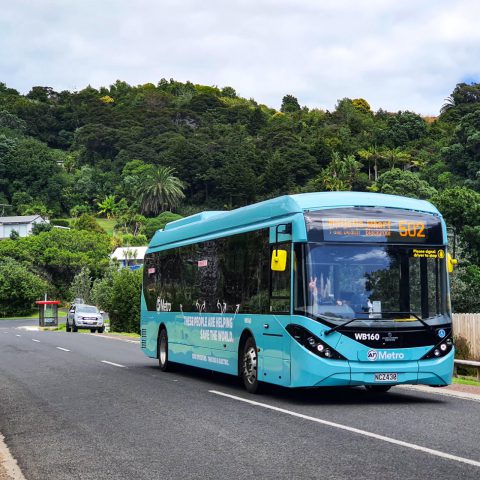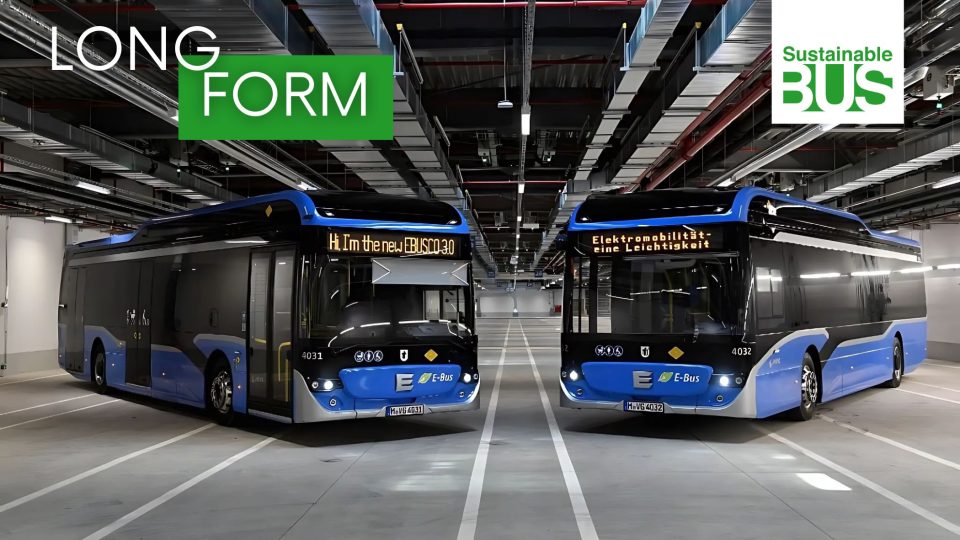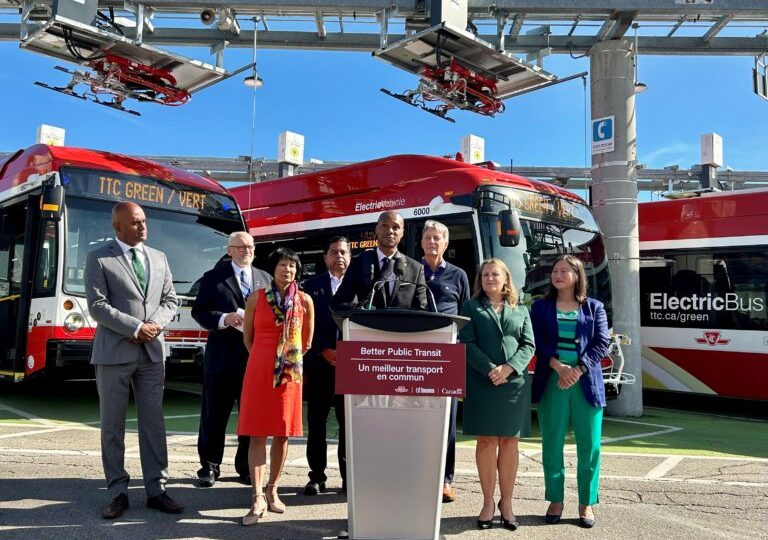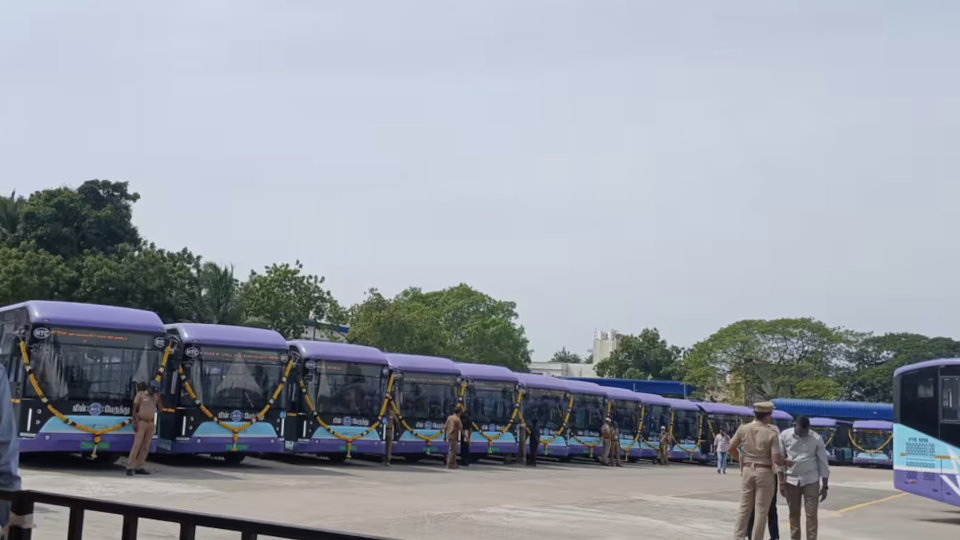1 million km operations achieved in New Zealand by ADL e-buses
ADL BYD e-buses in New Zealand have clocked up over 1 million kilometres of zero-emission operation, avoiding more than 1,000 tonnes of CO2 emissions in the process. The calculation comes from the manufacturer itself, that belongs to the North America-based NFI Group. The manufacturer has supplied 18 BYD ADL Enviro200EV electric buses to transport authorities and […]

ADL BYD e-buses in New Zealand have clocked up over 1 million kilometres of zero-emission operation, avoiding more than 1,000 tonnes of CO2 emissions in the process. The calculation comes from the manufacturer itself, that belongs to the North America-based NFI Group.
The manufacturer has supplied 18 BYD ADL Enviro200EV electric buses to transport authorities and operators in New Zealand to date, with more on order as the country prepares to fully decarbonise its public transport bus fleet by 2035.
ADL recently announced that it will assemble zero emission buses locally in New Zealand, renewing a partnership with local manufacturer Kiwi Bus Builders. ADL’s electric buses for New Zealand are part of the BYD ADL Enviro200EV range using latest BYD iron phosphate battery and driveline technology.
CO2 cut thanks to e-buses
The biggest carbon reduction in terms of local emissions has been achieved by the fleet of initially six, later eight, electric buses operated by Fullers360 on Auckland Transport services in Waiheke Island, which have prevented the emission of 300 tonnes of CO2 in just eight months, according to ADL.
NZ Bus saved 290 tonnes with five buses in Tauranga and Ritchies 270 tonnes with three buses in Christchurch, while the two trial buses that Auckland Transport has been using in the central business district have cut out 140 tonnes of CO2 emissions since their launch in 2018.
ADL’s General Manager for New Zealand, Tony Moore, said: “Although our fleet of electric buses is small by international standards, as we approach World Environment Day it is heartening to see their contribution to tackling the global challenge of climate change. Their continued impact will be further amplified as we deliver more and more electric buses here in New Zealand, working closely with our partners Kiwi Bus Builders and BYD Australia.”








